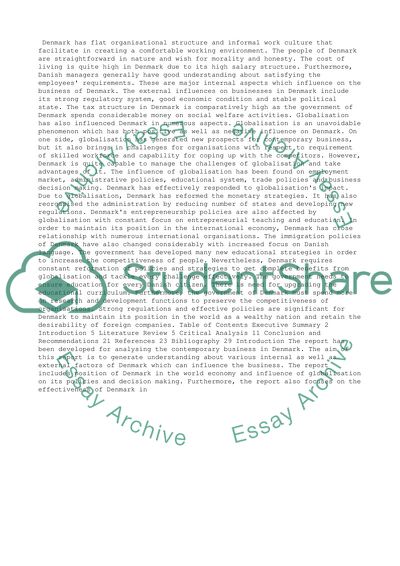Cite this document
(“Change and Continuity in Contemporary Business Essay”, n.d.)
Retrieved from https://studentshare.org/business/1397813-change-and-continuity-in-contemporary-business
Retrieved from https://studentshare.org/business/1397813-change-and-continuity-in-contemporary-business
(Change and Continuity in Contemporary Business Essay)
https://studentshare.org/business/1397813-change-and-continuity-in-contemporary-business.
https://studentshare.org/business/1397813-change-and-continuity-in-contemporary-business.
“Change and Continuity in Contemporary Business Essay”, n.d. https://studentshare.org/business/1397813-change-and-continuity-in-contemporary-business.


